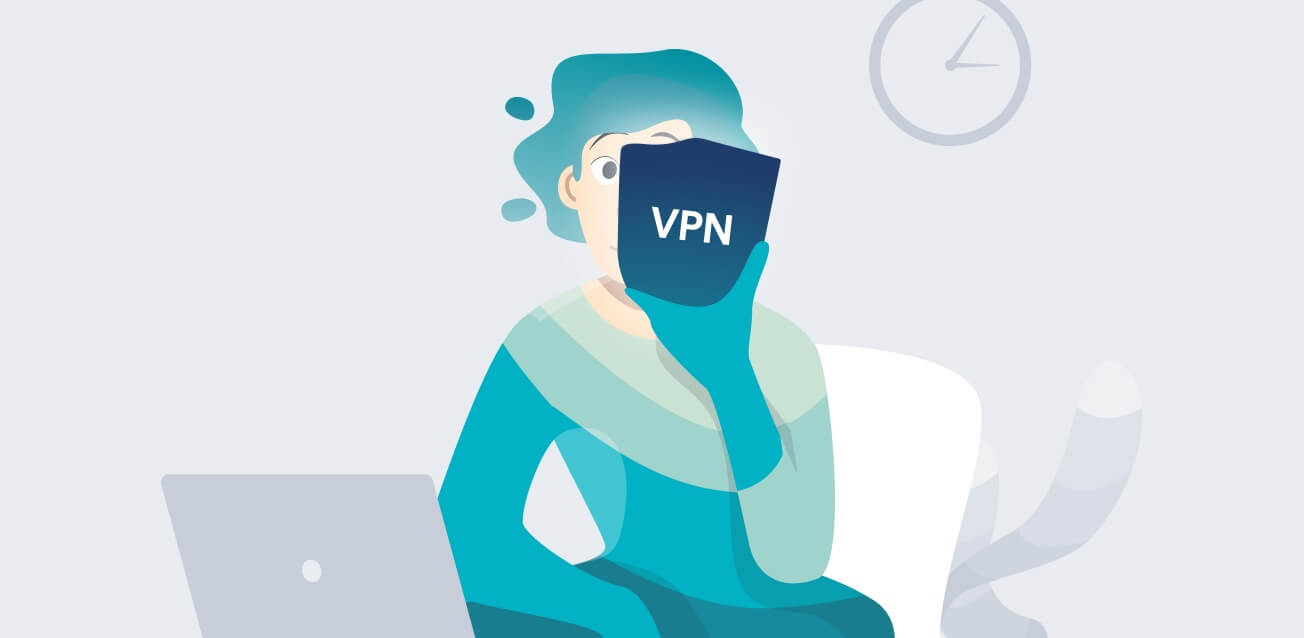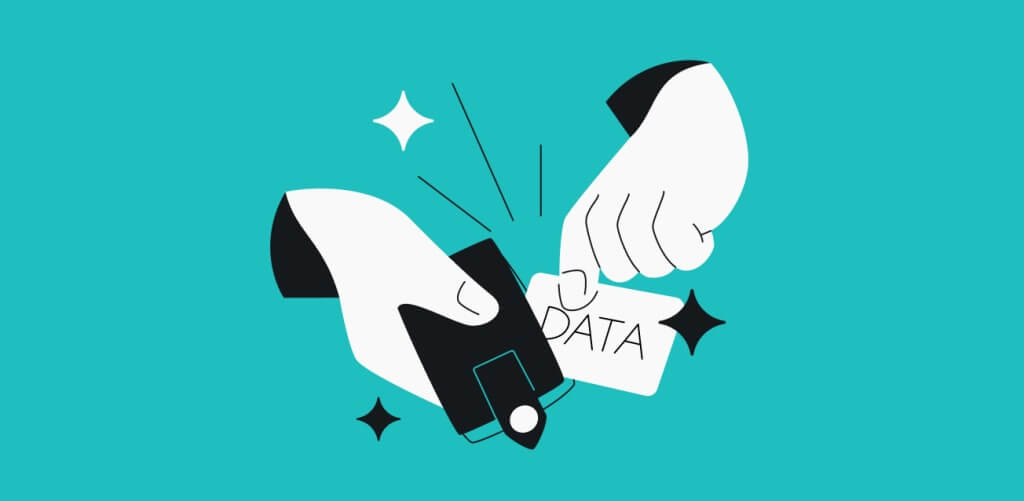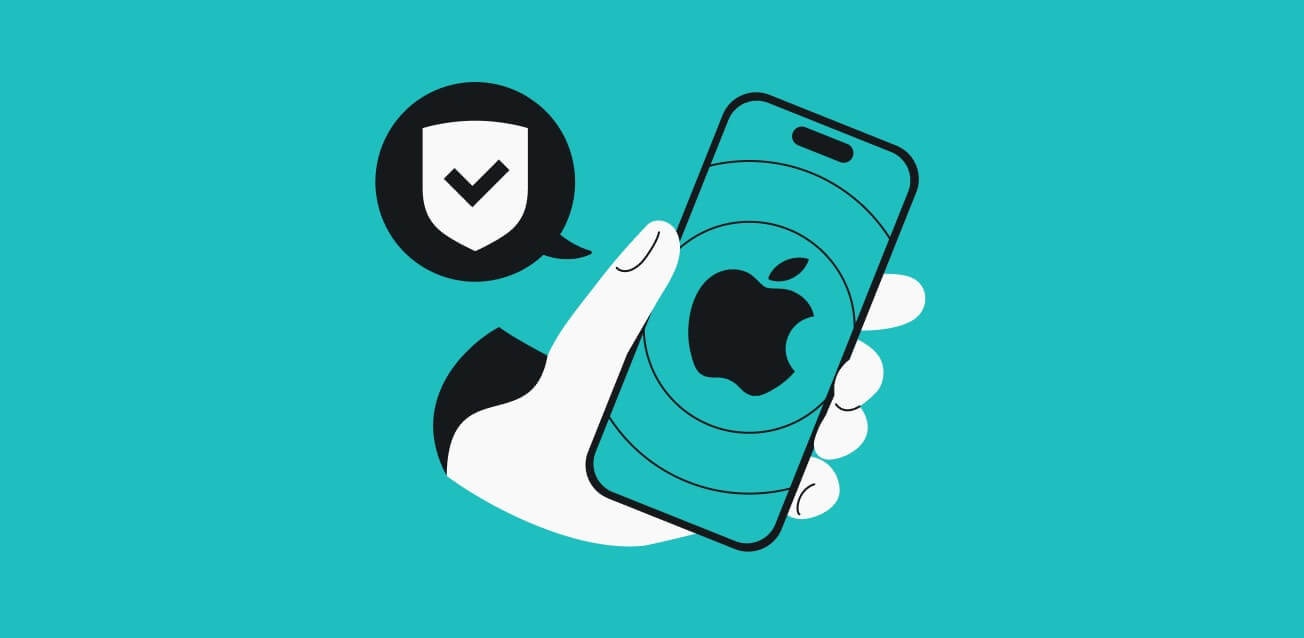10 Common VPN Traps You Need to Know in 2024

We consistently stress the significance of safeguarding internet connections to prevent unauthorized access to our devices and the tracking that enables companies, organizations, and even politicians to manipulate us with their ideologies or advertisements.
However, when individuals grasp the significance of a VPN and consider installing one, they frequently explore alternatives and trust in certain options that mislead rather than protect.
This article aims to demonstrate how numerous market offerings leverage the surging popularity of VPNs to promote a narrative that frequently misguides users.
1. Lifetime Purchase
Lifetime VPN purchases are one of the most attractive and, at the same time, deceptive offers on the market.
At first glance, the idea of paying once for a service that promises to last forever seems irresistible.
However, the reality is quite different. These plans obviously do not last the user’s entire life and the so-called lifetime ends up referring to the duration of the company itself.
It is quite common for such companies to shut down after a while, leaving users without service. Or worse: the company is acquired by another one that also buys all user data and, having no privacy contract signed with them (since the commitment was with the other one that no longer exists), the data is usually resold and reused for marketing actions.
The result? You end up paying for a service that may become unusable in a short time.
A notorious example is the case of VPN Land, which left many users in the lurch after discontinuing its operations.
To protect yourself, it is important to be wary of offers that seem too good to be true.
Ensure that the VPN company has a reliable track record and avoid unknown intermediaries.
Remember, quality service requires continuous investment in infrastructure and security, something that a one-time payment can hardly sustain.

2. Freemium Packages
Freemium packages are another common trap in the VPN world.
At first glance, the possibility of using a VPN for free is extremely attractive, but this offer often comes with a series of significant disadvantages.
In most cases, freemium VPNs offer only a limited sample of the full service, encouraging the user to pay for the premium version.
These limitations may include a restricted selection of servers, which are often overloaded, resulting in slow connection speeds.
Additionally, some free VPNs insert ads in the app or even in the user’s browser, turning the browsing experience into something frustrating and invasive.
To avoid falling into this trap, it is crucial to evaluate the performance of the free service and consider investing in a paid version that offers better features and a more satisfying user experience.
Remember that, most of the time, you get what you pay for.
A quality VPN requires robust infrastructure and technical support, and these costs are reflected in paid subscriptions.
3. Data Logging
A VPN should protect your privacy, but this is not always the case.
Some VPN services, especially free ones, may be more interested in collecting and selling your browsing data than protecting it.
This data can include your IP address, the sites you visit, and even how long you spend on each one.
Although many VPNs claim to have a no-logs policy, these claims are not always true.
Without independent audits to verify these policies, it is difficult to blindly trust the promises made by VPN providers.
Reputable companies undergo regular audits to prove they do not collect user data.
To protect yourself, look for VPNs that have undergone third-party audits and have a solid reputation in the market.
Be wary of services that make big promises without providing concrete evidence of their privacy practices.

4. Excessive Collection of Personal Information
When signing up for a VPN service, the most personal information you should provide is an email address.
However, some VPNs require additional details, such as your home address, phone number, or even your ID number.
This data is not necessary to provide the VPN service and may be a sign of a scam.
A good VPN service values your privacy and will ask for as little information as possible.
If a VPN asks for detailed personal information, it is better to look for another option.
The excessive collection of data can result in unnecessary risks, including data breaches and other forms of exposure.
5. Fake Reviews and Testimonials
Scammers know that many consumers trust online reviews and testimonials. Therefore, it is not uncommon to find fraudulent VPNs that fabricate positive comments to create a false sense of security.
They may even buy positive reviews or use bots to artificially increase ratings in app stores.
To identify these scams, check both positive and negative reviews. Repetitive or generic comments are warning signs.
Additionally, trust independent review sites and forums where users share real experiences.
6. Payment Fraud
Payment fraud is one of the most direct forms of VPN-related scams.
In some cases, you may be charged more than the advertised price, or the subscription may be automatically renewed without your consent. Worse still, you might pay for a service that is never delivered.
To avoid these problems, always read the terms of service and cancellation policy before signing up.
Use secure payment methods and, if possible, opt for options that offer consumer protection, such as credit cards.

7. VPNs that Don’t Work as VPNs
To operate as a true Virtual Private Network, a VPN must encrypt your data and redirect it through a secure server.
However, some VPNs, especially free ones, fail to fulfill this basic function. They may have encryption flaws, leaking your IP address, DNS, and WebRTC data, exposing you to the same risks the VPN should prevent.
Before choosing a VPN, check if it offers essential features such as data encryption, IP address protection, and DNS leak prevention.
Look for reviews and tests conducted by independent experts to ensure the VPN works as promised.
A VPN that does not protect your data is worse than no VPN at all, as it creates a false sense of security.
8. Malware Injection
Malware injection is one of the most dangerous scams associated with VPNs.
Many free VPNs, especially on platforms like Android, are filled with malware or malvertising.
These threats can compromise your online security by collecting personal data, tracking your browsing activities, or even hijacking your device.
Opting for a paid VPN from a reputable provider is one of the best ways to avoid these risks.
9. Fake VPN Apps
Fake VPN apps are designed to look legitimate but actually steal confidential data, such as identity information and banking data.
These apps often replicate the appearance of genuine services, making it difficult to identify them as fake.
They may promise fantastic features like ultra-fast speeds and complete anonymity without delivering on these promises.
To avoid falling for fake app scams, download VPNs only from trusted app stores like the App Store and always check user reviews.
If an app seems too good to be true, be cautious.
10. Hacked VPN Accounts
Hacked VPN accounts are those obtained illegally and sold at very low prices or distributed for free.
Although you may think you are saving money, these accounts belong to legitimate users who paid for the service. When the original user changes their password, you lose access to the account.
In addition to being an illegal and unethical practice, using hacked accounts exposes you to various risks, including the possibility of downloading malicious files or clicking on dangerous links.
To ensure your safety, purchase VPNs only from official websites and avoid offers that seem suspicious.
Surfshark: A Reliable VPN Option
Surfshark is one of the emerging and reliable options in the VPN (Virtual Private Network) market.
Founded in 2018, the company quickly gained recognition for its combination of advanced features, competitive pricing, and strong commitment to user privacy, and today it is one of the two most important companies in this segment.
Quality VPN with a discount + 3 extra months
DISCOVER NOW →
Among its differentiators we can highlight:
- High-Level Encryption: Surfshark uses AES-256-GCM encryption, which is considered one of the most secure available. This ensures that user data remains protected against interceptions.
- No-Logs Policy: Surfshark adopts a strict no-logs policy, meaning it does not keep records of user activities. This is crucial for those seeking online anonymity and privacy.
- Kill Switch: This feature automatically disconnects the internet connection if the VPN server connection drops, preventing accidental data exposure.
- Leak Protection: Surfshark offers DNS, IP, and WebRTC leak protection, ensuring that the user’s identity and activities remain private.
- MultiHop: This feature allows users to connect through two different VPN servers, further increasing security and anonymity.
- Camouflage: Surfshark’s camouflage technology ensures that VPN use is not detected, even by your internet provider, which is ideal for users in countries with strict censorship.
- CleanWeb: A feature that blocks ads, trackers, malware, and phishing attempts, providing a cleaner and safer browsing experience.
- Whitelister: Allows certain apps and sites to bypass the VPN connection, useful for accessing services that may block VPN connections, such as online banking.
- Unlimited Connections: Unlike many VPNs that limit the number of simultaneously connected devices, Surfshark allows unlimited connections with a single subscription, ideal for families or people with many devices.
Performance
Surfshark offers a robust network of over 3,200 servers in more than 65 countries. This not only allows for a wide choice of locations but also contributes to better connection speed and stability.
In speed tests, Surfshark generally performs well, offering consistent speeds for streaming, downloading, and browsing.
Compatibility and Support
Surfshark is compatible with a wide range of devices and operating systems, including Windows, macOS, iOS, Android, Linux, and even routers. They also offer browser extensions for Chrome and Firefox.
Surfshark’s customer support is highly praised, with 24/7 live chat assistance and a comprehensive knowledge base available on the company’s website.
Pricing
Surfshark is known for its competitive pricing. It offers various subscription plans, with significant discounts for long-term plans. They also provide a 30-day money-back guarantee, allowing users to test the service risk-free.
Quality VPN with a discount + 3 extra months
DISCOVER NOW →
Conclusion
The pitfalls related to VPNs are varied, ranging from misleading lifetime subscriptions to the dangerous injection of malware.
To protect yourself, it is crucial to conduct thorough research before choosing a VPN service.
Avoid offers that seem too good to be true, opt for providers with good reviews and independent audits, and stay informed about the latest tactics used by scammers.
Maintaining your online privacy and security requires constant vigilance and informed choices. By following the tips provided in this article, you will be better equipped to avoid VPN scams and ensure that your internet browsing is truly private and secure.
This article is sponsored by Surfshark. To learn more about our policy regarding sponsored articles, please visit this page.
